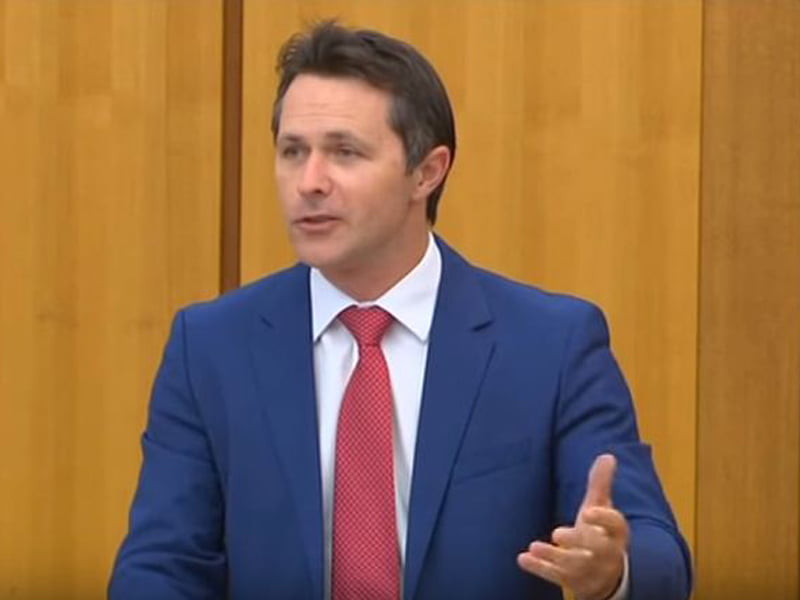Labor in opposition would continue to press for a rethink of the unpopular fibre-to-the-node NBN roll-out, with Shadow communications spokesman Jason Clare claiming the issue played a big part in the huge swings against the Turnbull Government on July 2.
The fact that the Prime Minister Malcolm Turnbull barely mentioned the NBN in his eight week campaign (and did not mention it at all in his campaign launch speech on the weekend before the election) was revealing, Mr Clare told InnovationAus.com.
“They made a strategic decision during the campaign to not talk about it at all, because they knew it was a massive negative issue for them,” Mr Clare said.

“That in itself is an extraordinary thing, given that Turnbull spent the first two years in government being responsible for the [National Broadband Network rollout.]”
“[The decision not to talk about the NBN] really demonstrated that what they had done to the NBN had turned it into a big negative for them,” he said. “By contrast, the NBN was one of the biggest campaign issues that swung people to vote in the election for the Labor Party.”
“I don’t think that anyone could reasonably say that this was not a big issue during this campaign. And not just on a national level, but in a whole lot of those key seats across the country where a lot of people changed their vote because they want access to fibre, not copper.”
The strength of the issue through the campaign meant Labor was compelled to drive the issue hard in the coming parliament, and to hold the government to account on it delivery promises. It wants government to ditch its fibre-to-the-node roll-out and accept that there are transitional alternatives, including the Fibre to the distribution point (FTTdp) model that Labor took to the election.
“The government still has some options here,” Mr Clare said.
“I have been calling for the past 12 months for them to ditch FttN. And if they are not prepared to go back to fibre to the premises, then they should at least roll-out fibre to the distribution point.”
The NBN Co had been trialling FTTdp, and while it was not clear that the technology was suitable right now for a scale roll-out, Mr Clare said government should formally request that company fast-track its investigation of that technology.
The NBN Co should be told to investigate how quickly it can move from a predominantly FttN architecture to Fibre to the distribution point.
While it seemed clear that government was not prepared to return the NBN to a predominantly FttP architecture in the near term, Mr Clare said it was troubling that it was still not looking seriously at a means of transitioning to fibre as a longer term goal.
Former NBN Co chief executive officer Mike Quigley’s entry into the election campaign at the 11th hour had been welcomed by Labor. Mr Clare said there were important lessons that this government should take for Mr Quigley’s analysis.
“[Mr Quigley] made some very important points – mainly that the changes that Malcolm Turnbull made to the NBN have been retrograde. And I think that any objective analysis of the changes that have been made to the NBN would agree with that.”
“The internal rate of return has plummeted. The costs are double what they said they would be. The time it will take to build the NBN will be more than double what they said it would be. It is a mess.”
“That’s the right word for this. It’s a mess.”
Do you know more? Contact James Riley via Email.

